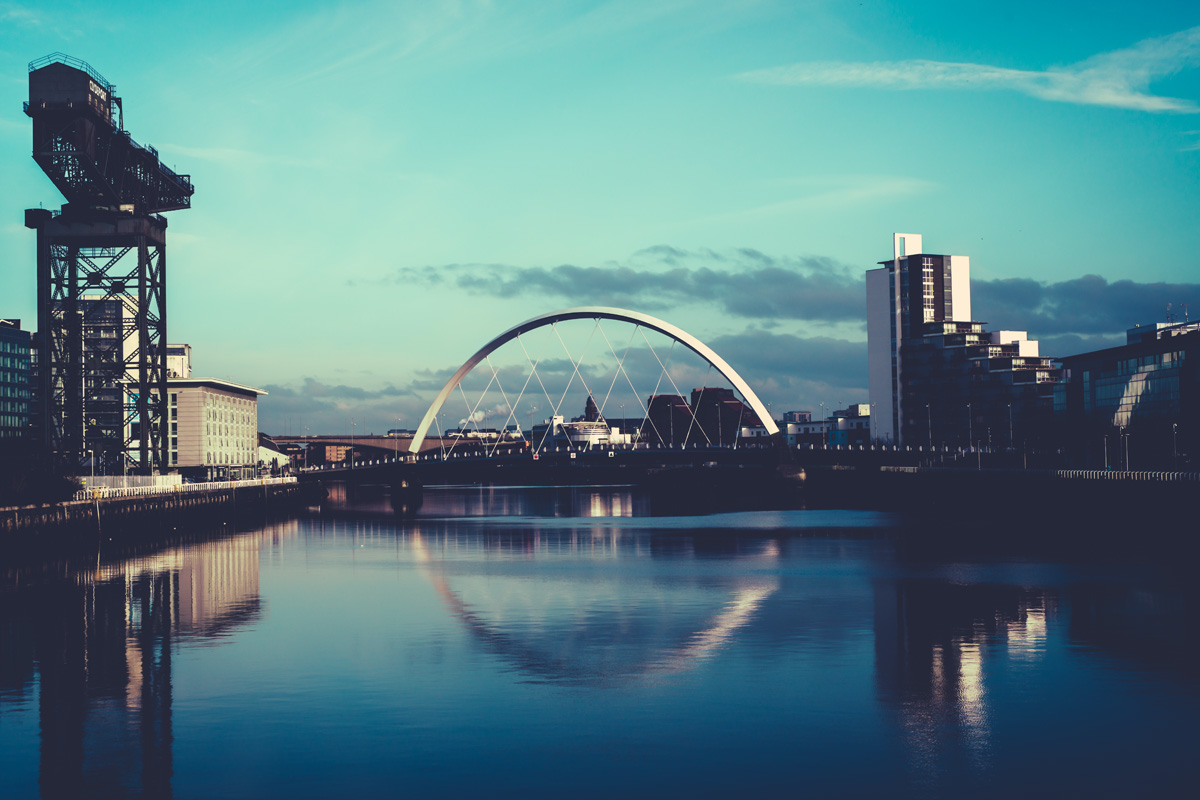- UK /
- Glasgow
Discover The Latest Property Statistics and Sold House Prices In Glasgow, Glasgow City.
Gain a competitive edge in the Glasgow, Glasgow City housing market using our extensive data on house prices with local insights and trends.

GLASGOW
Property market data for Glasgow in Glasgow City. Compare data on the district postcode areas of Glasgow including sold house price growth, long let gross rental yield, buyer demand, average asking price, average price per square foot and average rental prices. Explore Glasgow with a range of tools to help you understand the local market.
In the centre of Glasgow, G4 long-let gross yield is 8.7%, the average rental price is £262 the average asking price is £156,871 and the average price per square foot is £223. There are currently N/A completed property sales per month, with a turnover of 49.0%. Toggle between postcode districts to see how different areas compare.
BUY-TO-LET PROPERTY INVESTMENT IN GLASGOW
Understanding the Housing Market in Glasgow: Key Facts and Figures
The most populous city in Scotland and sitting on the River Clyde in the West Central Lowlands, Glasgow has a long and rich history. Believed to have been founded by the Christian missionary St. Mungo in the 6th century, in the Middle Ages, Glasgow became a major centre of trade and commerce and was one of the first cities in Europe to be connected by a system of roads and bridges. In the 19th and 20th centuries, Glasgow underwent a period of rapid industrialisation and became one of the world's leading cities for shipbuilding and engineering. Like many other industrial cities, Glasgow experienced a decline in the latter part of the 20th century. As a result, Glasgow faced significant challenges, including high levels of unemployment, poverty, and social inequality. However, in recent years, the city has undergone a period of regeneration and renewal with a focus on developing new industries, such as tourism, education, and technology. Today, it is a vibrant and diverse city known for its rich cultural heritage and thriving arts scene. Glasgow has a vibrant cultural scene, with a wide range of museums, galleries, theatres, and other cultural institutions. The city is home to the famous Kelvingrove Art Gallery and Museum, which houses one of the finest collections of art in Europe, as well as the Gallery of Modern Art, which showcases contemporary art from around the world. Glasgow is also known for its music scene, with several world-class venues for live music, including the Glasgow Royal Concert Hall and the Barrowland Ballroom. The city is also home to a thriving theatre community and is home to the Citizens Theatre and the King's Theatre. In addition, Glasgow hosts several major cultural events throughout the year, including the Glasgow International Festival of Visual Art and the Glasgow Film Festival. The economy of Glasgow is diverse and includes a range of industries, such as financial services, retail, tourism, and education. The city is home to many banks and financial institutions, and it is a centre for retail, with several major shopping centres and department stores. The tourism industry is also central to the city's economy, with Glasgow being a popular destination for visitors both from within the UK and abroad. The city is home to two major universities, the University of Glasgow and the University of Strathclyde, which contribute significantly to the local economy. Additionally, the city has a growing technology sector and is home to a large number of startups and established companies operating within the urban area. In 2020, Glasgow had a GVA of £46.8 billion, placing it very near the top of the UK's core cities in terms of economic output. Glasgow offers everything you would expect of a modern city in terms of housing types, including apartments, new-builds, terraces, and detached and semi-detached family homes. It is also known for something relatively unique to Scotland: tenements. The city centre houses around 50,000 people. This is a number, which by one estimate, could double by 2035, which goes to show both the city's council's commitment to city centre development and the demand. It is currently cheap as well. Average house prices across most of the city are under £200,000, with the west of the city presenting more expensive options and the east being more affordable. The suburbs and villages surrounding the city present more normal family-friendly options for semi-detached and detached housing that vary from affordable homes to homes for the very wealthy.